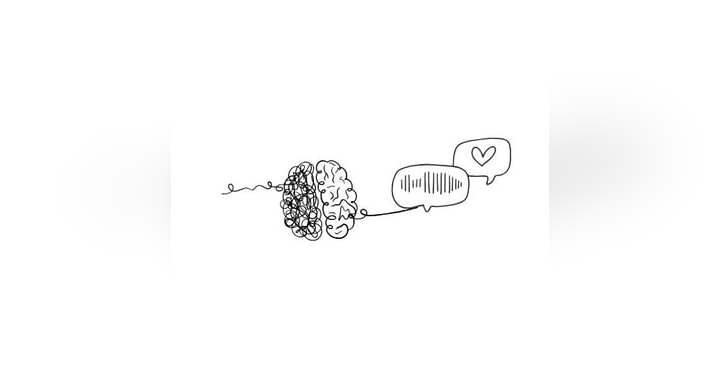Independent or Hyper-Independent? Unraveling Hyper-Independence
Understanding Hyper-Independence
In an era laden with self-reliant anthems and fierce narratives of independence, defining your individuality may seem synonymous with an unending journey of doing it all single-handedly. The charm of independence is undeniable, creating an aura of invincibility that is easy to fall for. But are you independent, or are you showing hyper-independence?
But is there a silent line crossed, transmuting independence into hyper-independence? Is extreme self-reliance more of a handicap than a strength? Let's delve into the subtle red flags of being 'too independent', and understand why sometimes leaning on others is not just okay but necessary for our mental health.
A Changing Notion of Independence:
An identity hallmark in American culture, being independent has long been lauded as virtuous. Yet, understanding the difference between healthy independence and hyper-independence can be tricky, as these flags may masquerade as strengths. Exploring this can imply recognizing the threshold crossed, from a well-rounded independent being to rebellion against help and reliance on others.
The Double-Edged Sword of Independence:
Independence isn't inherently negative; in contrast, it is often a revered quality. However, it's necessary to discern when this trait exacerbates into a barrier for emotional well-being and meaningful relationships. Hyper-independence, according to licensed family and marriage therapist Summer Forlenza, is an over-reliance on oneself and under-reliance on others—a prospect treading the dangerous line of toxic independence.
Navigating the Signs of Hyper-Independence:
Identifying the symptoms of hyper-independence can be an essential step towards establishing balanced relationships and fostering improved mental health. The propensity to eschew help, even when overwhelmed, or to insist on doing everything alone might be the warning sign one needs.
Impact on Interpersonal Relationships:
Hyper-independence can impede the formation of trusting, vulnerable relationships. The notion that you are solely capable and don't need assistance can lead to an avoidant attachment style, making it challenging to form emotional intimacy.
Coping Mechanisms and Emotional Fallout:
The pursuit of hyper-independence often stems from ingrained patterns due to past life experiences. For those who've had to fend for themselves from a young age, self-reliance becomes second nature and may inadvertently replicate itself in adult relationships, leading to stress, burnout, and self-isolation. Recognizing these patterns as defense mechanisms rather than inherent personality traits allows the possibility of unlearning these behaviors.
Gentle Steps to Overcome Hyper-Independence:
Addressing and overcoming hyper-independence starts with acknowledging its existence. Honor the mechanisms that served their purpose once, recognize the areas where change is required, and consciously work towards a balance.
The Power of Small Changes:
Start by identifying safe spaces and significant relationships where you can start depending on others without the fear of being let down. Trusting others can be an immense help in overcoming the urge for hyper-independence.
Building balanced relationships:
Remember, most individuals genuinely want to help their loved ones. Extending the courtesy of asking for help may strengthen your relationship and make the other person feel needed and cherished. But it's crucial to avoid extremes; just as hyper-independence is harmful, so is excessive codependency.
Closing Thoughts: Independence and Its Shades
Independence in its various shades is a compelling narrative, but recognizing when this strength subtly mutates into a weakness can make all the difference. When taken to the extreme, independence can lead to anxiety, loneliness, and a pervasive sense of burnout.
Remember, asking for help isn’t a sign of weakness but an indicator of strength, humility and wisdom. Recognize the red flags, acknowledge them, and take slow but sure steps towards evolving from a place of hyper-independence to healthy interdependence.
Your Journey from Hyper-Independence
No journey of personal growth is linear; there will be detours and slip-ups. As you navigate this course from hyper-independence to a more balanced way of living, give yourself permission to ask for help. Allow yourself to lean on loved ones, and bear in mind that you are no less independent and no less powerful for doing so.












